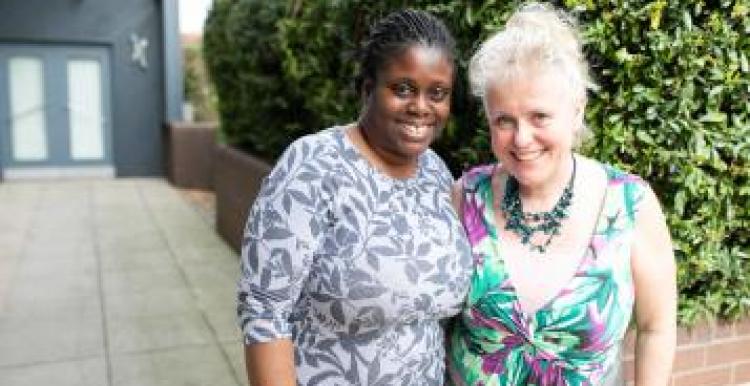What’s in the COVID-19 winter plan?

The Health and Care Secretary announced the COVID-19 Response: Autumn and Winter Plan in the House of Commons. The Government have released details of their initial plan (Plan A) and backup plan (Plan B) should it be needed.
What does the plan focus on?
Plan A covers five key areas:
- Building our defences through pharmaceutical interventions
- Identifying and isolating positive cases to limit transmission
- Supporting the NHS and social care services
- Advising people on how to protect themselves and others
- Furthering the international approach: helping vaccinate the world and managing risks at the border.
Building our defences
This area will focus on:
- Increasing uptake of the vaccine
- Offering booster doses to people more at risk from COVID-19, such as:
- Those living in residential care homes
- All adults aged 50 years and over
- Frontline health and social care workers
- Everyone aged 16 to 49 years with underlying health conditions that put them at higher risk
- Offering the first dose of vaccine to 12-15-year olds.
In addition, the development of new treatments, such as anti-virals, will provide additional options to support people.
Limiting transmission
The importance of testing, tracing, and isolation for those who have COVID-19 will remain to help identify asymptomatic cases and prevent the spread of the virus.
PCR tests are available free of charge over autumn and winter. The Health Secretary said that they Government "Will review the regulations and support by the end of March 2022."
Supporting the NHS and social care
The recent announcement about an additional £5.4 billion in funding for the NHS over the next six months includes £50 million specifically for research on long COVID. The study will help better understand the causes and potential treatments. The plan also confirmed that the availability of long COVID clinics and services would continue to expand.
The plan also includes a commitment to reviewing guidance for people who are clinically highly vulnerable. However, it does not cover the issue of people who may be unable to benefit from vaccination.
To ensure that the NHS is not overwhelmed, there will be a focus on promoting the flu vaccine.
Public advice and information
There will also be a strong focus on promoting public behaviour that helps to reduce the spread of COVID-19, including:
- Letting fresh air in if you meet indoors.
- Wearing a face covering when you're in crowded or enclosed settings.
- Getting yourself a test and self-isolating when required.
- Trying to stay at home if you feel unwell.
- Washing your hands with soap and water or use hand sanitiser regularly.
- Download the NHS COVID-19 app to know if you've been exposed to the virus.
Employers will still need to follow the Working Safely guidance. The plan also encourages businesses to:
- Consider using the NHS COVID Pass, although this is not compulsory at this point, and
- Ensure your office is well ventilated, and further guidance will follow.
Our international approach
The plan also looks at our international approach and how the Government intends to manage risks at the border and help vaccinate the world.
The Government will set out a revised framework for international travel, which will be published before the next checkpoint review at the beginning of October.
Want to know more about how to stay safe?
Learn more about the steps you can take to keep people safe as you return to the office and restart face to face engagement now that restrictions have been lifted.
What other steps could Government take?
Additional actions
A Plan B may come into play if the NHS comes under pressure. The measures include:
- Communicating clearly and urgently to you that the level of risk has increased and that you need to behave more cautiously.
- Introducing mandatory vaccine-only COVID-status certification in specific settings (including all nightclubs and indoor settings with more than 500 people and outdoor settings with more than 4,000 people and any setting with over 10,000 people).
- Making face coverings a legal requirement in specific settings, with precise conditions to be determined.
- Asking you to work at home to help reduce transmission.
What support is there for local areas?
The Government will also continue to support your local areas with:
- The COVID-19 Contain Framework, which clarifies the national support and infrastructure available to local authorities.
- National support for enhanced response in areas with particularly challenging disease situations, including targeted surge testing, vaccination logistical support, logistics support, and national funding to enhance local communications efforts.
- The Education Contingency Framework, which covers schools and childcare.
As part of the approach, various pieces of legislation will be extended to 24 March 2022, subject to Parliamentary approval.
Read the plan in full
Visit the Government website to read the COVID-19 Response: Autumn and Winter Plan 2021 in full.